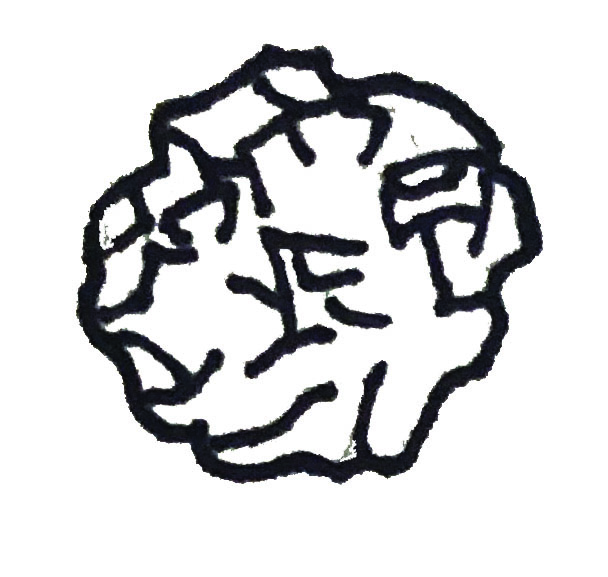Teachers, Students Acknowledge Necessity of Paper Use
Conscious paper use becomes norm
December 9, 2019
Every day at Blake the printers are constantly pumping out essays, pictures, worksheets, diagrams, handouts, schedules, and more. Students and staff go through hundreds, if not thousands of pieces of paper per day. Paper waste is incredibly common at Blake, and all over the world. However, paper is also a valuable resource. Books are comprised of paper, yet still full of rich knowledge. The Spectrum newspaper itself uses 16,00 sheets of paper per cycle. 9th and 12th grade English Teacher Anil Chandiramani explains the importance of paper in the context of the digital age, and what he considers appropriate and wasteful paper usage. He says, “there’s a certain kind of consumerist quality to digital reading. It’s like the reading you do quickly, [or] superficially.” Paper disposal and waste, is not a problem for him either. “Rarely do I find myself disposing of [articles and short stories]. I kind of treat them as I would the paper that comprises a book,” Chandiramani has an entire storage system for all of his texts and keeps them because of their knowledge value. He says he “think[s] it’s a noble goal to try and reduce paper consumption but I think instead of looking to education immediately, I think we can look to other places” citing examples such as napkins.
In contrast to Chandiramani’s outlook, many other members of the Blake community are more focused on their environmental footprint when using paper. When working Maddy Florida ‘20 tries to do as much digitally as possible but admits that some paper usage is simply unavoidable.
As a member of the Green Team and head of the Green Team club, Florida admits that “in some classes, it is necessary to write on paper, and you learn better when you write on paper… I have many stacks of flashcards for bio and it wouldn’t be the same for me if I made a quizlet.” Florida advises that the most important step comes in during the disposal process of the paper in order to be environmentally conscious. She explains, “We need to keep the things that can be composted out of the landfill.” Florida explains that paper composting and recycling is important because though paper is not the biggest environmental problem, the growing deforestation due to its production contributes to overall global warming.
The Blake community emphasizes that paper is a very valuable tool for learning and a great resource in general, but so are trees everywhere. Tension between being climate-conscious and using paper to learn continues to provoke discussion in the hallways and classrooms of the upper school. However, purposeful thought and decisions about the value of using paper, to which Florida and Chandiramani allude is the most important factor in this debate.
